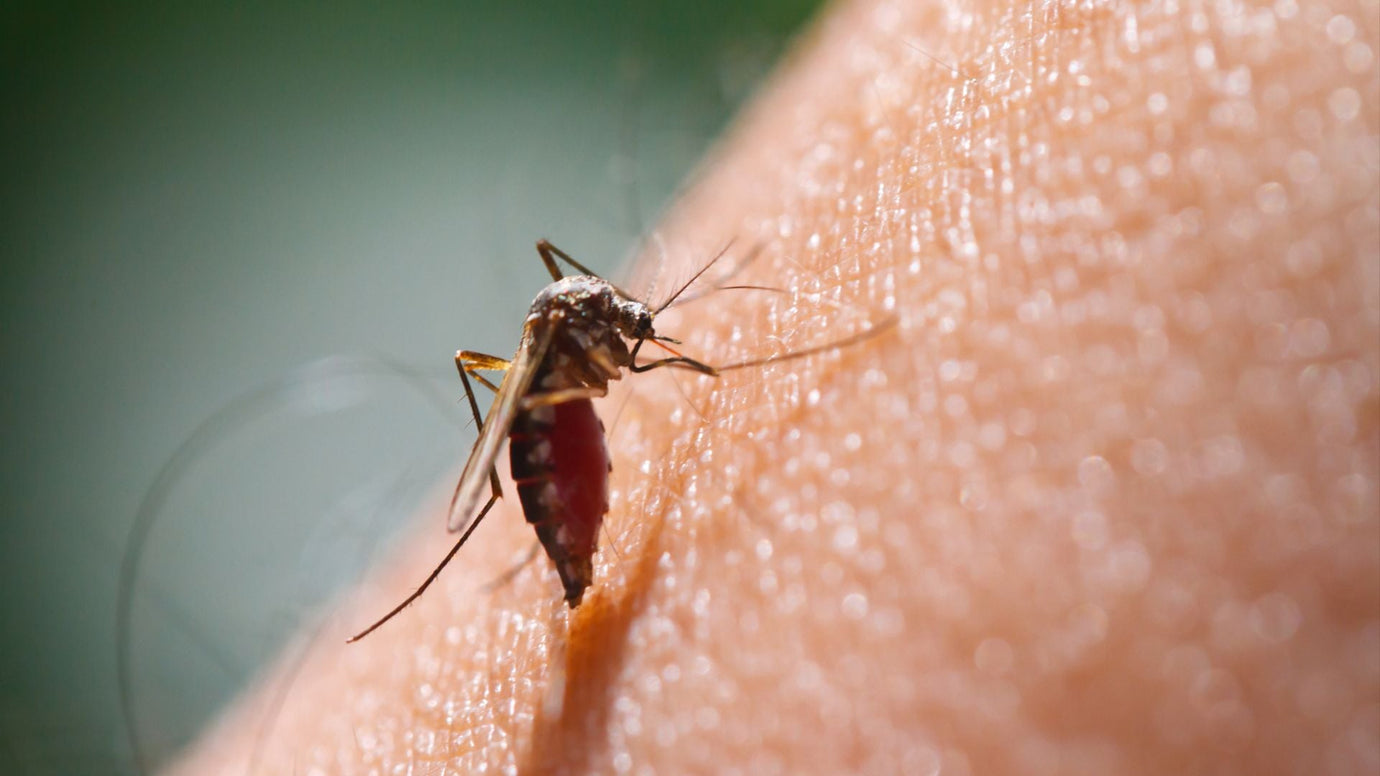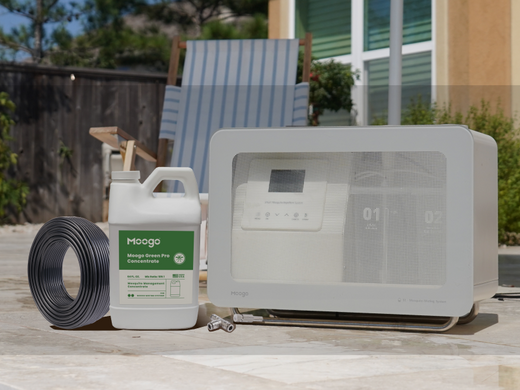Need-to-Know Mosquito Info: How Misting Systems Protect You and Your Yard
Mosquitoes are more than just annoying little bugs – they are a major part of the global ecosystem, contribute to plant pollination, and due to their huge population they are a major food source for larger insects, reptiles, and birds.
However, they are not very pleasant as they are considered one of the deadliest insects on the planet. It’s said mosquitoes are responsible for millions of deaths to humans, livestock and wild animals each year.
Mosquitoes are very resilient and have adapted to survive against all odds. Only female mosquitoes bite for the nutrients in our blood, because they need iron to lay hundreds of eggs at once – and they only need a bottle-cap worth of water to hatch.

Once the eggs hatch it takes about 10 days of metamorphosis to become adults, and then repeat the life cycle. Adult mosquitoes live about one month, and you can have three generations of mosquitoes existing in that one month. In fact, the eggs can survive up to seven years in a drought.
With such an aggressive breeding cycle, it’s easy to see how populations can reach critical levels over a short span of time.
Although they serve a purpose in the global grand scheme, nobody wants them invading their living space. That being said, what can we do?
In residential areas, mosquito misting systems are the most effective way to kill and repel mosquitoes.
Moogo’s system performance correlates with mosquito-breeding activity. Once your installation is complete, you will see a difference from the first mist, but it can take up to two weeks to break the mosquito’s life cycle and achieve maximum control.

The misting concentrate is toxic only to adult mosquitoes and has no effect on mosquito eggs or larvae.
That’s why it’s important to minimize breeding sites around your property. Dispose of standing water around flower pots, rain gutters, French drains and bird baths. If you find any water with “wiggle worms,” you have an active breeding site, and that water needs to be eliminated or treated.
To treat those breeding sites, we suggest using mosquito dunks with Bacillus thuringiensis israelensis (BTI.) As stated by the United States Environmental Protection Agency (EPA), BTI is a biological or naturally occurring bacterium found in soils. It contains spores that produce toxins that specifically target and only affect the larvae of the mosquito, blackfly and fungus gnat.
For the smaller, hard-to-reach areas such as drains and flowerpots, we recommend BTI larvicide granules.
Keep in mind it’s easier to maintain control over your yard rather than regain control, so make sure your Moogo system doesn’t run out of misting concentrate.



